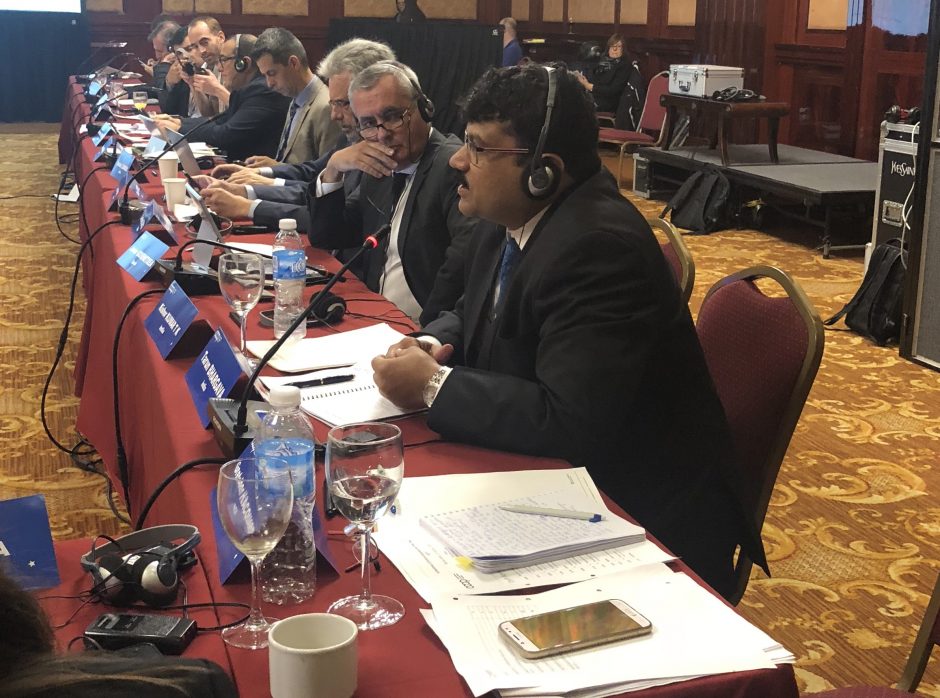Tarun Bhargava, joint general manager of the Indian Farmers Fertilizer Cooperative (IFFCO) has been elected chair of the International Cooperative Entrepreneurship Think Tank (ICETT).
Set up in 2018 to strengthen the entrepreneurial performance of co-ops, the think tank acts as a strategic hub for the global movement.

A chemical engineer, Mr Bhargava has been with Iffco for more than 30 years. He also serves on the board of the International Co-operative Agricultural Organisation (ICAO), a sectoral body of the International Co-operative Alliance (ICA); and the executive committee of the International Cooperative Development Platform, a network bringing together co-operatives active in development.
“Iffco is itself the result of inter-co-operation,” said Mr Bhargava.
In 1964 the Cooperative League of the USA, the national apex body, which later became NCBA CLUSA, suggested the government of India should help Indian co-operatives build fertiliser production capacity. At the time, the co-operative sector in India was distributing 70% of the chemical fertilisers used nationwide but had no production facilities of its own.
IFFCO was formed three years later to produce and distribute fertilisers. The US co-operative movement provided financial support as well as technical expertise to help get the newly formed co-op off the ground. The co-op has grown to become one of the largest in the world based on turnover over GDP Per Capita.
Related: Iffco reveals plans to drive sustainable development
“The International Cooperative Entrepreneurship Think Tank enables us to contribute and work with other co-operatives on strategic global issues to bring about change and build a better world,” said Mr Bhargava.
So far, ICETT has 13 member co-ops. The think tank has four working groups focused on: the future of work, human rights in value chains; Sustainable Development Goals and the World Cooperative Monitor and Cooperative identity and competitive advantage.
“We would like to take this think tank forward to enhance co-op to co-op trade across different continents,” said Mr Bhargava, adding that during one of its meetings the think tank heard from Anne Chapaz, head of the Institutional Strengthening Section of the International Trade Center in Geneva.
Another area of work for ICETT is changing perception of co-ops by stakeholders, the media and the wider society to ensure it is seen as a viable business model. This will involve joint communication campaigns to highlight the potential of co-operatives, particularly as rebuilders and providers of relief during the Covid-19 crisis, he added.
ICETT is also looking to create an online platform to help its members share discussions, information, ideas and knowledge on co-operative entrepreneurship. The think tank will also collect, curate and disseminate useful and valuable information on co-operative entrepreneurship in general, and that of large co-operatives in particular.
“The ICA recently formed ICETT with some large co-operatives and co-operatives groups to help co-operatives strengthen their entrepreneurial performance by injecting innovation, knowledge and ideas that can help address the challenges they face in this very rapidly changing world,” said Bruno Roelants, director general for the ICA.
“Mr Bhargava’s experience with IFFCO and the global co-operative movement makes him a natural fit for this role with ICETT, and I am confident that ICETT will grow and contribute positively to the co-operative movement at large under his leadership,” he added.